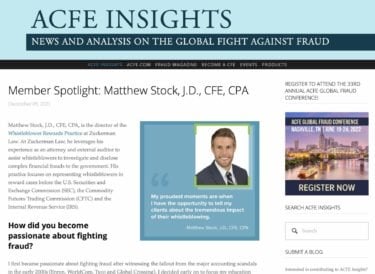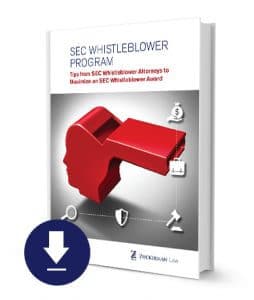What Whistleblower Protection Laws Protect or Reward Accountants and Auditors?
In Lawson v. FMR, the Supreme Court recognized the critical roles that auditors and accountants play in exposing fraud, and the importance of affording these critical gatekeepers robust protection under the whistleblower protection provision of the Sarbanes-Oxley Act (SOX).
In addition to being protected against retaliation, auditors and accountants have a financial incentive to report fraud to the SEC. In certain circumstances, auditors and accountants may be eligible for a whistleblower award under the SEC’s whistleblower reward program. Since 2011, the SEC has issued more than $1.8 billion in awards to whistleblowers, which includes multi-million dollar award to our clients.
This article summarizes the protections and rewards for auditors and accountants who disclose fraud or other violations of federal securities laws.
If you have original information about accounting fraud that you would like to report to the SEC Whistleblower Office, contact the Director of our SEC whistleblower practice at [email protected] or call our leading SEC whistleblower lawyers at (202) 930-5901 or (202) 262-8959. All inquiries are confidential.






In conjunction with our courageous clients, our SEC whistleblower lawyers have helped the SEC halt multi-million dollar investment schemes, expose violations at large publicly traded companies, and return funds to defrauded investors.
Recently the Association of Certified Fraud Examiners published a profile of Matt Stock’s success working with whistleblowers to fight fraud:
See our article: How to Report Accounting Fraud and Earn an SEC Whistleblower Award.
SOX Protects Auditors and Accountants from Retaliation
The majority opinion in Lawson discusses why it is essential to protect accountants and auditors from retaliation:
Also clear from the legislative record is Congress’ understanding that outside professionals bear significant responsibility for reporting fraud by the public companies with whom they contract, and that fear of retaliation was the primary deterrent to such reporting by the employees of Enron’s contractors. Congressional investigators discovered ample evidence of contractors demoting or dis-charging employees they have engaged who jeopardized the contractor’s business relationship with Enron by objecting to Enron’s financial practices. . . . . Emphasizing the importance of outside professionals as “gatekeepers who detect and deter fraud,” the Senate Report concludes: “Congress must reconsider the incentive system that has been set up that encourages accountants and lawyers who come across fraud in their work to remain silent.” Id., at 20–21. From this legislative history, one can safely conclude that Congress enacted §1514A aiming to encourage whistleblowing by contractor employees who suspect fraud involving the public companies with whom they work.
Sarbanes-Oxley Whistleblower Protection for Auditors and Accountants
In the audit room, it is rarely popular to bring up new issues. Auditors already work excruciatingly long hours with tight deadlines, and finding problems only creates more work. While there is a prevalent perception that auditors are combing corporate financial statements in the hopes of uncovering fraud, in reality identifying fraud during a year-end audit creates several challenges. From the partners all the way down to the associates, an audit becomes exponentially more difficult and time-consuming when a client has problems with its controls or financial statements.
Furthermore, the partners often prefer not to annoy their clients. Indeed, the “independent and objective” partners have a substantial interest in maintaining positive client relations. Audit firms receive sizable fees to ensure that the client’s financial statements are materially correct and there is fierce competition to retain existing clients and attract new clients. However, when an audit firm actually does its job, it may suffer as a result. In February 2016, Ceres fired the audit firm KPMG for issuing a going concern opinion.
In short, it can be very difficult for auditors to raise legitimate concerns. However, when potentially illegal or unethical activities issues are being swept under the rug, auditors should avoid the typical “pleaser” attitude and speak up. Fortunately for auditors who want to do this right thing, whistleblower laws are in place to protect them against retaliation.
SOX provides robust protection against a broad range of retaliatory adverse employment actions, including discharging, demoting, suspending, threatening, harass, or in any other manner discriminating against a whistleblower. If a SOX whistleblower prevails on a retaliation claim, he or she may receive:
- lost wages and benefits;
- reinstatement; and
- special damages, which include emotional distress, impairment of reputation, personal humiliation, and other non-economic harm resulting from retaliation.
Recently, a jury awarded $6 million dollars to a whistleblower in a Sarbanes-Oxley retaliation case.
To prevail under SOX’s whistleblower provision, a whistleblower must prove by a preponderance of the evidence that (1) she engaged in protected activity (see below); (2) the employer knew that she engaged in protected activity; (3) she suffered an unfavorable personnel action; and (4) the protected activity was a contributing factor in the unfavorable personnel action. A contributing factor is any factor which, alone or in connection with other factors, tends to affect in any way the outcome of the decision. Causation can be inferred from timing alone where an adverse employment action follows on the heels of protected activity.
In order to demonstrate that a whistleblower engaged in “protected activity”, a whistleblower must show that she reasonably believed the conduct complained of constituted a violation of:
- mail fraud;
- wire fraud;
- bank fraud;
- securities or commodities fraud;
- any SEC rule or regulation; or
- any provision of Federal law relating to fraud against shareholders.
A whistleblower need not show that an actual violation occurred so long as they reasonably believed that the violation was likely to happen. As such, an auditor may still bring a successful SOX retaliation claim when the audit firm issues an unqualified opinion. The focus is on the whistleblower’s reasonable belief.
The Dodd-Frank Act also offers whistleblowers protection against retaliation, including a broader scope of protected whistleblowing and the opportunity to recover double lost wages. But Dodd-Frank’s whistleblower protection provision requires a showing that the whistleblower provided information to the SEC. To learn more about the differences between the Sarbanes-Oxley and Dodd-Frank whistleblower protection provisions, click here.
Remedies for Accountants and Auditors in Whistleblower Retaliation Cases
Guide to SOX Whistleblower Protection for Accountants and Auditors
The experienced SOX whistleblower lawyers at leading whistleblower law firm Zuckerman Law issued a free guide to the SOX whistleblower protection law: Sarbanes-Oxley Whistleblower Protection: Robust Protection for Corporate Whistleblowers.
The guide summarizes SOX whistleblower protections and offers concrete tips for corporate whistleblowers based on lessons learned during years of litigating SOX whistleblower cases.
The goal of the guide is to arm corporate whistleblowers with the knowledge to effectively combat whistleblower retaliation, avoid the pitfalls that can weaken a SOX whistleblower case, and formulate an effective strategy to obtain the maximum recovery.
Monetary Awards or Bounties For Accounting Fraud Whistleblowers
The SEC’s Whistleblower Program provides rewards to whistleblowers who report violations of the federal securities laws to the SEC. A whistleblower can obtain an award of between 10% and 30% of the monetary sanctions collected in actions brought by the SEC (or related actions brought by other regulatory and law enforcement authorities) stemming from original information provided by the whistleblower.
An auditor (or any internal or external accountant) may disclose information to the SEC and be eligible for an award if:
- the auditor has a reasonable basis to believe that disclosure of the information to the SEC is necessary to prevent the engagement client from engaging in conduct likely to cause substantial injury to the financial interest of the entity or investors;
- the individual has a reasonable basis to believe that the relevant entity is engaging in conduct to obstruct an internal or SEC investigation; or
- at least 120 days have elapsed since the auditor (a) provided the information to the relevant entity’s audit committee, chief legal officer, chief compliance officer (or their equivalents), or supervisor, or (b) received the information, if the auditor received it under circumstances indicating that the entity’s audit committee, chief legal officer, chief compliance officer, or supervisor was already aware of the information.
The reason for the 120-day internal notification requirement is to give companies an opportunity to address issues raised by whistleblowers internally. If a company fails to take remedial action to correct a potential violation (and no otherwise eligible individual has blown the whistle first), an auditor can report the information to the SEC and become eligible for an award.
In a recent press release announcing a whistleblower award, Sean McKessy, Chief of the SEC’s Office of the Whistleblower, recognizes the critical role of auditors in combatting fraud:
Individuals who perform internal audit, compliance, and legal functions for companies are on the front lines in the battle against fraud and corruption. They often are privy to the very kinds of specific, timely, and credible information that can prevent an imminent fraud or stop an ongoing one. These individuals may be eligible for an SEC whistleblower award if their companies fail to take appropriate, timely action on information they first reported internally.
Recognizing the risk of retaliation, the SEC Whistleblower Program permits whistleblowers to submit information anonymously by having an attorney provide the information to the SEC on behalf of the whistleblower.
The SEC continues to prioritize financial reporting and disclosure cases, and auditors are well-positioned to detect these violations. While whistleblowing is never easy, auditors and accountants can rest assured that there are robust protections against retaliation. And with the incentives provided by Dodd-Frank, accountants and auditors can partner with the SEC to protect investors and combat fraud.
Click here to learn more about anti-retaliation protections for SEC whistleblowers under the Dodd-Frank Act and Sarbanes-Oxley Act.
Required Reporting for Auditors
As the Ninth Circuit noted in Somers v. Digital Realty Trust, the mandatory reporting duties of an auditor must be accompanied by strong whistleblower protection:
Provisions of Sarbanes-Oxley and the Exchange Act mandate internal reporting before external reporting. Auditors, for example, must “as soon as practicable, inform the appropriate level of management” of illegal acts, and only after such internal reporting may auditors bring their concerns to the SEC. 15 U.S.C. § 78j-1(b). Leaving employees without protection for that required preliminary step would result in early retaliation before the information could reach the regulators. As the Second Circuit noted, “[I]f subdivision (iii) requires reporting to the [SEC], its express cross-reference to the provisions of Sarbanes-Oxley would afford an auditor almost no Dodd-Frank protection for retaliation because the auditor must await a company response to internal reporting before reporting to the Commission, and any retaliation would almost always precede Commission reporting.” Berman, 801 F.3d at 151.
Tier-1 Whistleblower Law Firm Representing Auditors and Accountants Nationwide
We are a leading whistleblower firm and routinely assist whistleblowers in disclosing violations of securities laws to the SEC, including matters concerning disclosures of
- Accounting fraud;
- Foreign bribery and other FCPA violations;
- EB-5 investment fraud;
- Unregistered securities offerings;
- Investment adviser fraud;
- False or misleading statements about a company or investment;
- Inadequate internal controls; and
- Violations of auditor independence rules.
The whistleblower lawyers at Zuckerman Law also have substantial experience litigating Sarbanes Oxley whistleblower retaliation claims. Click here to read client testimonials about the firm’s work in SOX whistleblower and other employment-related litigation. For a free confidential consultation, click here or call us at 202-262-8959.
- See our column in Forbes: One Billion Reasons Why The SEC Whistleblower-Reward Program Is Effective
- See our column in Going Concern: Sarbanes-Oxley 15 Years Later: Accountants Need to Speak Up Now More Than Ever
- See our post in Accounting Today: Whistleblower Protections and Incentives for Auditors and Accountants.
To learn more about the SEC Whistleblower Program, download Zuckerman Law’s eBook: SEC Whistleblower Program: Tips from SEC Whistleblower Attorneys to Maximize an SEC Whistleblower Award:
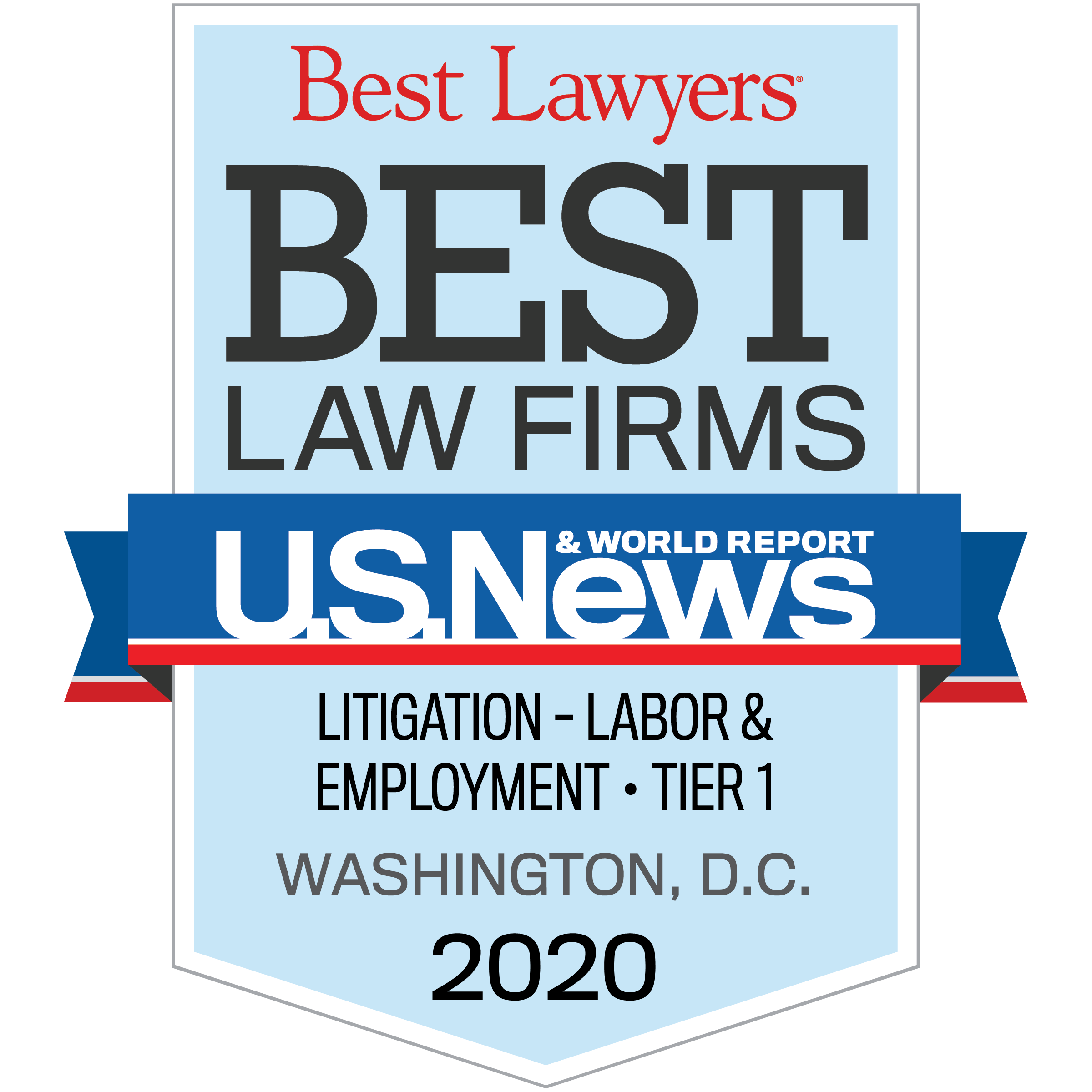
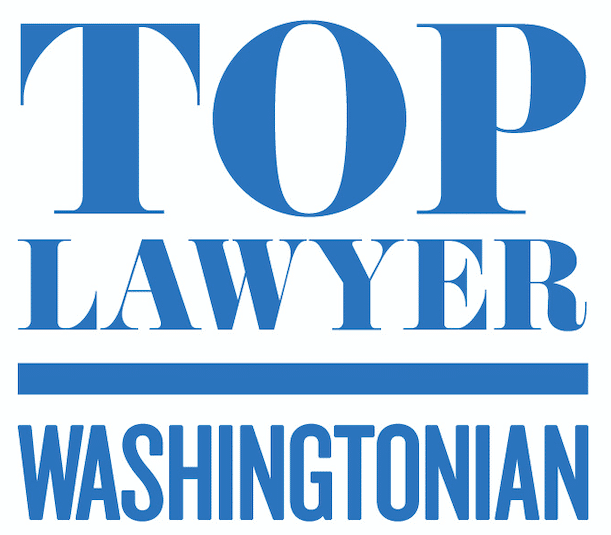
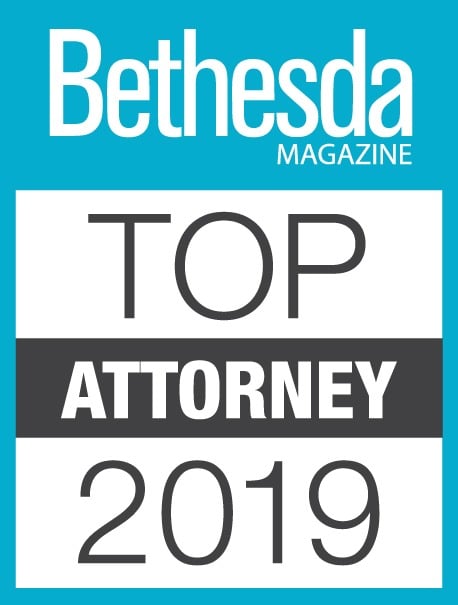
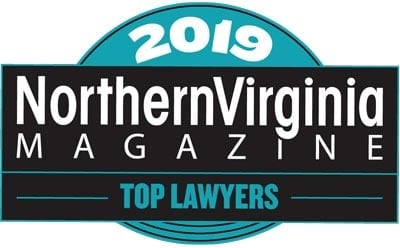
whistleblower_lawyers_012017_infographic
- Tips for SEC Whistleblowers
- Leading SEC Whistleblower Law Firm Featured in Article About Growing Wave of Whistleblower Lawsuits
- SEC Whistleblower Reward Program FAQ
- Auditors’ and accountants’ guide to SEC whistleblower awards
- Whistleblower Protections and Incentives for Auditors and Accountants
- How to Report EB-5 Fraud and Earn an SEC Whistleblower Award
- CFTC Strengthens Anti-Retaliation Protections for Whistleblowers and Improves CFTC Whistleblower Award Program
- SEC Cracking Down on Ponzi Schemes
- SEC Scrutinizes “Fake News” Stock Promotion Schemes
- SEC Whistleblower Program: Exposing Insider Trading
- SEC Awards for Disclosures of Foreign Bribery or FCPA Violations
- Whistleblower Rewards and Bounties for Disclosures of Market Manipulation Schemes
- SEC Targeting Investment Adviser Fraud
- Compliance Personnel, Auditors, Officers and Directors Can Obtain SEC Whistleblower Awards
- Money Laundering and the SEC Whistleblower Program
- International Whistleblower Representation – SEC Whistleblower Attorney
- Anonymous Whistleblowing: Does the SEC Whistleblower Program Protect a Whistleblower’s Identity?
- SEC Awards for Disclosures of Foreign Bribery or FCPA Violations
- Securities Fraud Enforcement Action Prompts the Question: What Was the Company Smoking?
- Compliance Officer Whistleblower Representation
- SEC Whistleblower Program: What is the SEC Form TCR?
- Tale of Two Whistleblowers: Lessons Learned from Today’s SEC Whistleblower Award
- Whistleblowers Help CFTC Obtain Record Penalties for Commodities Fraud
- Report Underscores Importance of Whistleblower Rewards and Protections for Internal Auditors
- SEC Sanctions: Whistleblower Reference Guide
- Protections and Rewards for Cybersecurity Whistleblowers
- CFTC Announces Second Whistleblower Award in 2016 as the Agency’s Whistleblower Reward Program Picks Up Steam
- EB-5 Visa Scandal Underscores the Critical Role Whistleblowers Play in Exposing EB-5 Fraud
- SEC Enforcement Director Touts Success of SEC Whistleblower Program
- SEC Whistleblower Program Not Limited to Corporate Insiders
- SEC Pays $3M Award to Whistleblower
- SEC Draft Strategic Plan Affirms the Importance of the SEC’s Whistleblower Reward Program
- Whistleblower Lawyer Interviewed About SEC Whistleblower Award
- Wall Street Journal Quotes Jason Zuckerman on Dodd-Frank SEC Regulations
- SEC Whistleblower Lawyer Quoted in National Law Journal About SEC Whistleblower Program
- SEC Whistleblower Lawyer Zuckerman Quoted About SEC Whistleblower Award for Independent Analysis
- SEC Whistleblower Lawyer Jason Zuckerman Quoted About Tips for SEC Whistleblowers
- Whistleblower Lawyer Jason Zuckerman Quoted About SEC Whistleblower Award
- Whistleblower Lawyer Interviewed About the Rise of Cybersecurity Whistleblowing
- Whistleblower Attorney Zuckerman Quoted in Washington Post About SEC Order
- Whistleblower Attorney Dallas Hammer Interviewed by Bloomberg About Dodd-Frank Protected Whistleblowing
- SEC Whistleblower Lawyer Zuckerman Quoted About SEC Whistleblower Award for Independent Analysis
- Audit committees need to dig into personal relationships
- Whistleblower Bounties Pose Challenges
- CFO Magazine Quotes Whistleblower Attorney Jason Zuckerman About Dodd-Frank Whistleblower Rules
- Fiscal Times Quotes Jason Zuckerman About Dodd-Frank Act Whistleblower Reward Provisions
- Whistleblower Attorney Jason Zuckerman Quoted About Battle Over Corporate Whistleblower Rules


